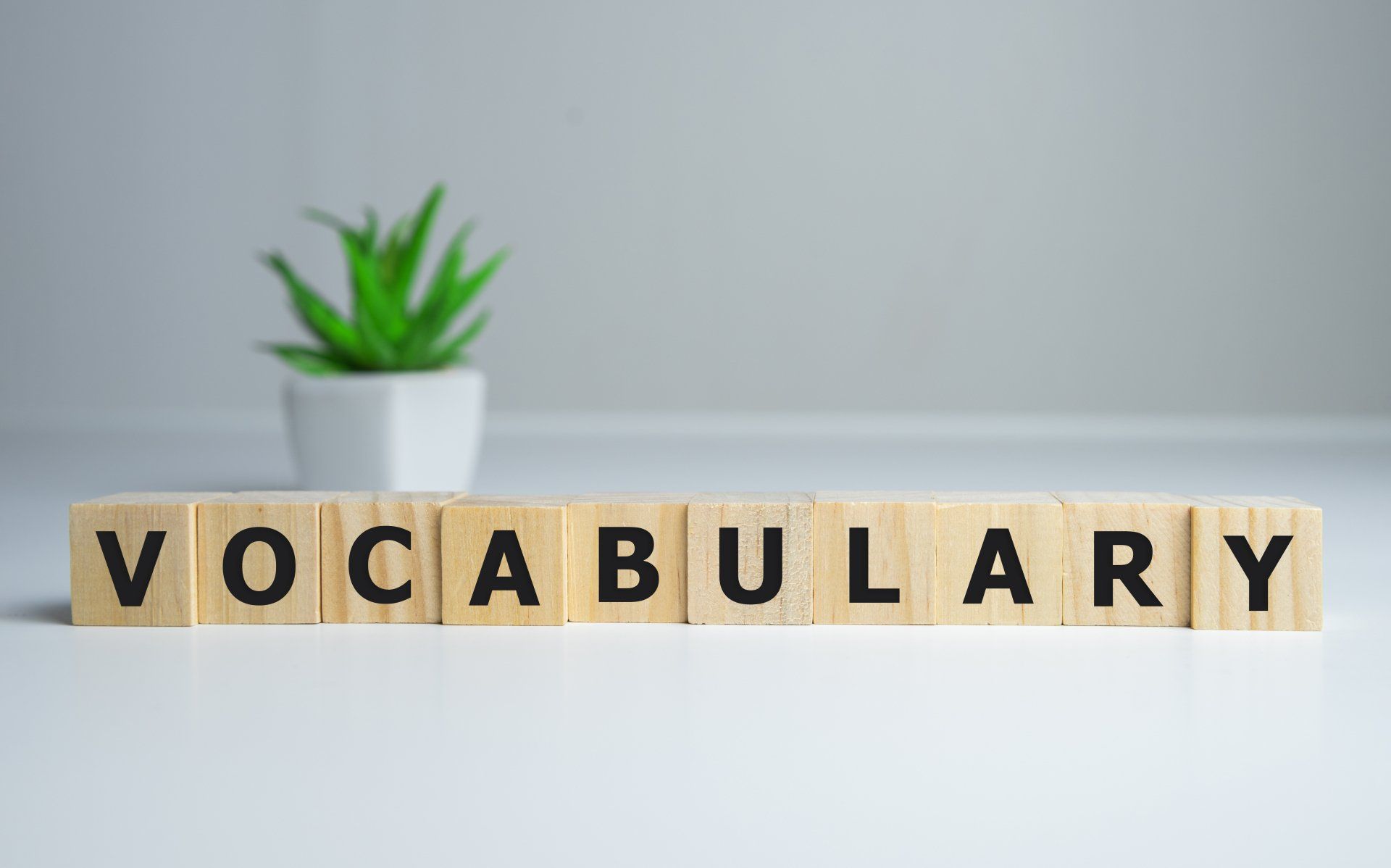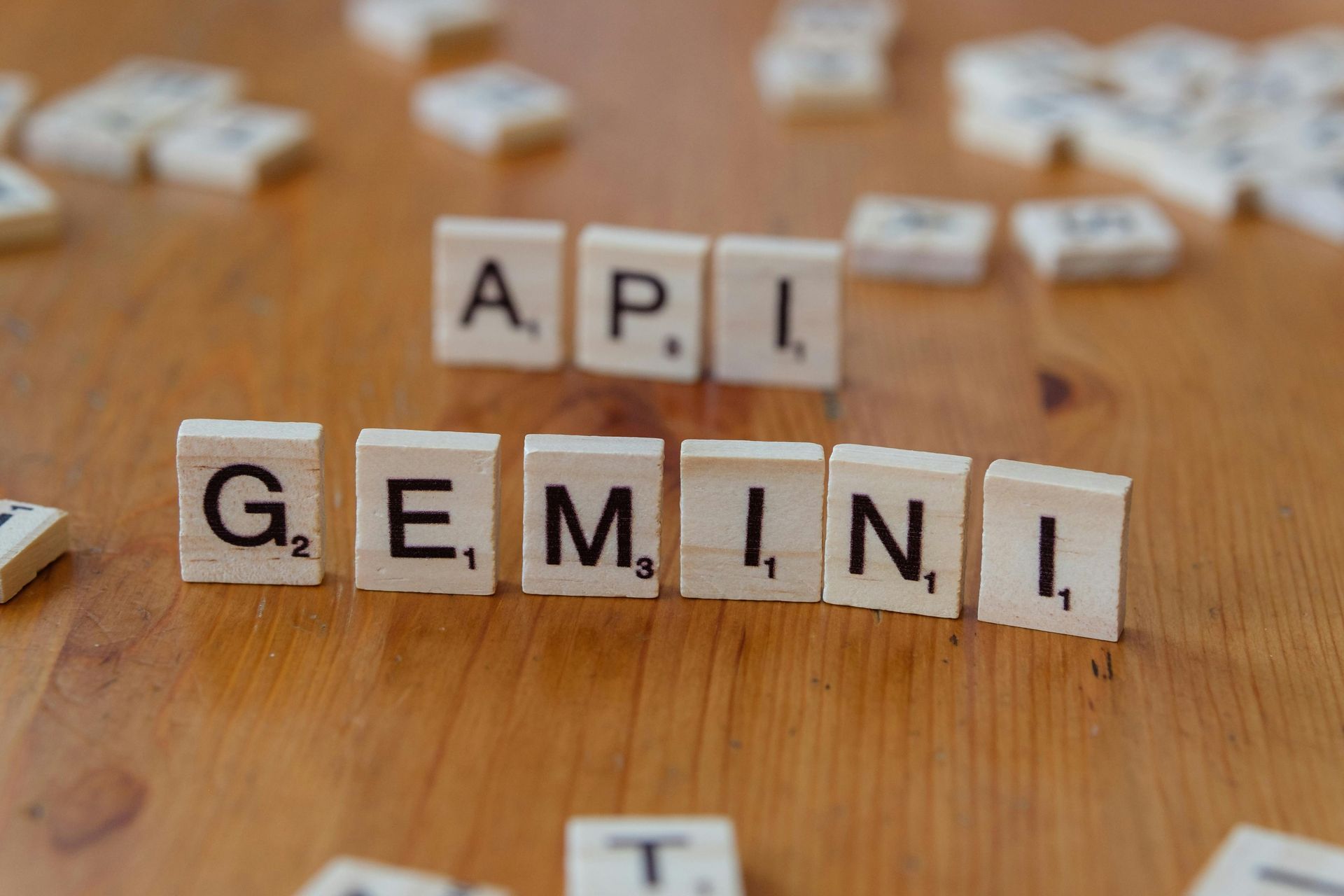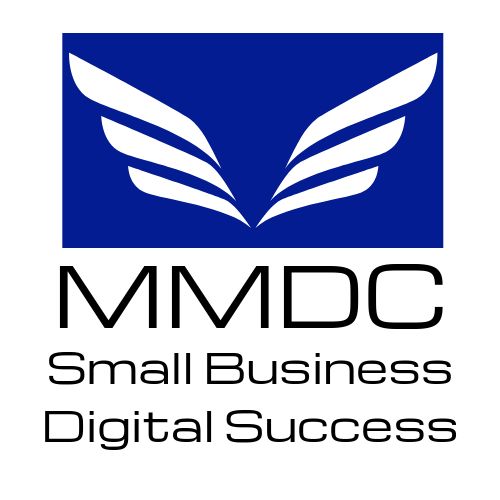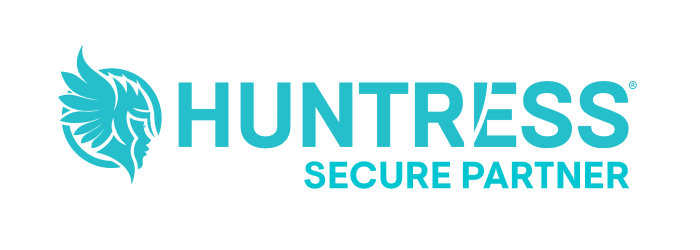Search Engine Optimization (SEO) Terms Every Online Business Should Know
Knowledge is Power!

If you’re new to search engine optimization (SEO), it can be hard to understand all the complex terms that are thrown around. The terminology associated with SEO is vast. So it can take time to learn them and develop a deep understanding of each and become an expert in SEO.
The following SEO terms are the most essential ones you should know so you can optimize your site, communicate with web developers and have a deeper understanding of how search works.
1. Title Tag
A title tag, also known as a page title, meta title or SEO title, is crucial for SEO as it describes what websites contain on search result pages and browser pages. This HTML element is the name of a specific web page and can be found in one of two locations on the internet: the top of your browser window and in search engine result pages. An optimized title tag should include keywords related to the contents of the page, preferably located at the beginning of the title. Finally, title tags should be limited to 50 or 60 characters.
2. Meta Description
A meta description is also an html tag and doesn’t appear on visible web pages. It is a sentence or two that describes briefly what that page or website contains. The purpose of a meta description is to describe the page and attract users to click on links in search engine result pages. The more relevant a meta description is to a search query, the more likely it will appear on the search results page, under the link on a SERP .
An accurate and SEO-friendly meta description should contain 160 characters and will keep your page relevant through the millions of searches happening every minute.
3. Search Engine Results Page (SERP)
A
Search Engine Results Page (SERP)
is the page you see when you type a search query into a search engine, such as Google, Yahoo or Bing. A SERP, therefore, is the page of results you receive after you search for something. SEO aims to get your web pages on the first page of Google because that positioning leads to the greatest number of conversions.
4. Keyword
Keywords are the words or phrases that people type into a search engine, such as Google, to find what they are looking for. It’s important to include keywords in title tags, headers and in the body of the content on a page to improve its rank on a SERP.
However, overusing a particular keyword, or keyword stuffing, can be harmful to a page’s rank, so you have to be careful how often they are used. A website could have one main keyword (and other sub-keywords) that it is trying to rank for.
5. Indexing
Indexing is the process by which search engines collect, organize and process data on the internet. A search engine regularly looks for new or updated content on pages to add to its database. When a new page is found, the search engine indexes it so that users can find the information when they search for a relevant keyword.
6. Anchor Text
Anchor text is a word or phrase within a website that is clickable and links to another page on the site or a different domain. This text typically is a different color from the other text around it to indicate a hyperlink.
For SEO, anchor text is used to link a relevant keyword to its corresponding page. This is important for SEO practitioners because search engines look for these links to determine which are more authoritative than the others.
7. Links
Links are very important in SEO. The more links your website receives from high-authority websites (known as inbound links or backlinks), the better your SERP ranking will be. These types of links come from other sites that point to your website.
Outbound links are links from your site to others, and search engines use them as an indicator to determine how helpful your content is to readers. When creating outbound links, it’s important to choose your anchor text carefully.
Internal links point to another page on the same site. Links in a navigation bar, for example, are technically internal links.












